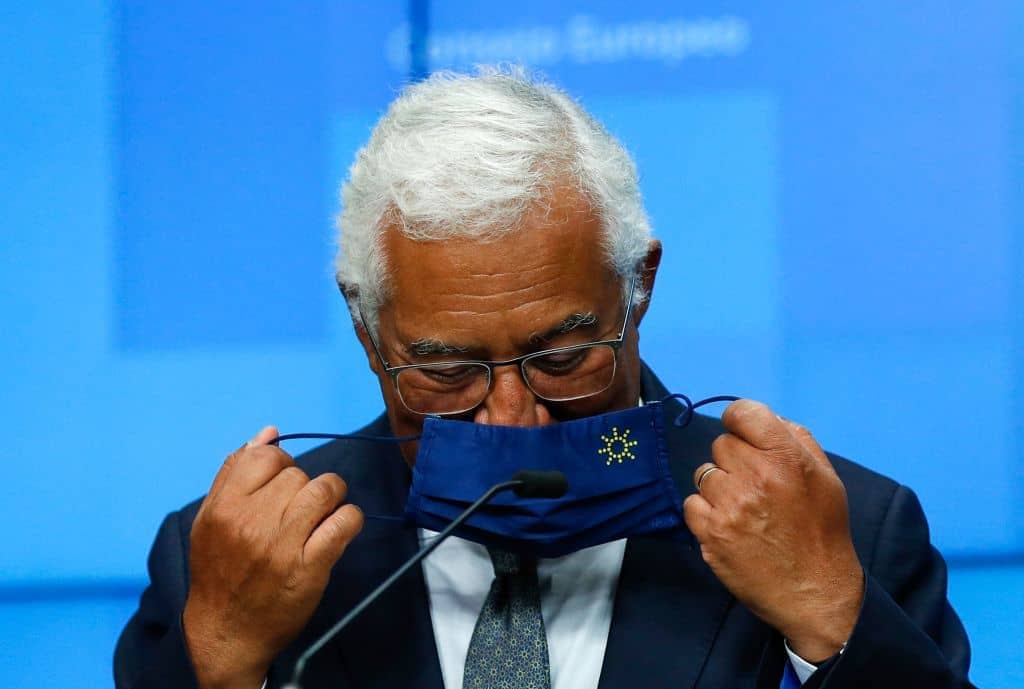Portugal has once again been plunged into a political crisis: the country is facing a snap election after its socialist-led government failed to pass its budget in the National Assembly yesterday. António Costa, who has led the country’s minority government since November 2015, was brought down by the refusal of the PCP (communist party) and the Bloco de Esquerda (left block) to back his budget.
This latest upheaval comes at a particularly bad time for Portugal, which is attempting to return to normality following 18 months of Covid lockdowns and closures. Now, the country is once again in political limbo: an election is likely to take some months to carry out, and what happens to the billions of pounds in aid from the European Union remains unclear.
The current crisis is a result of political and economic failings. Yet while Costa is the most recent fall guy, is this budget debacle really his fault? The crux of the matter is that the country’s economy has suffered so many shocks that it makes the management of it almost impossible for either the centre-left or centre-right without introducing major structural changes.







Comments
Join the debate for just $5 for 3 months
Be part of the conversation with other Spectator readers by getting your first three months for $5.
UNLOCK ACCESS Just $5 for 3 monthsAlready a subscriber? Log in